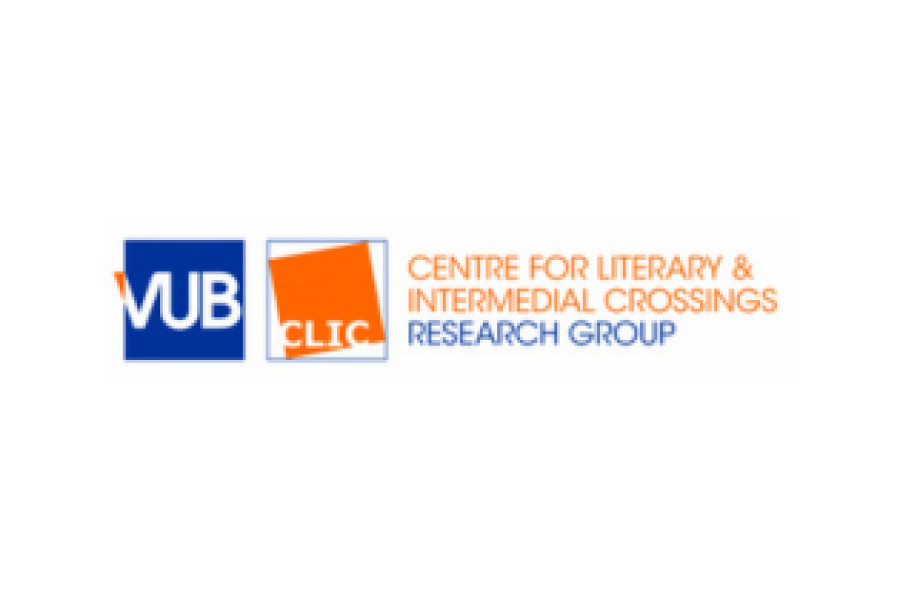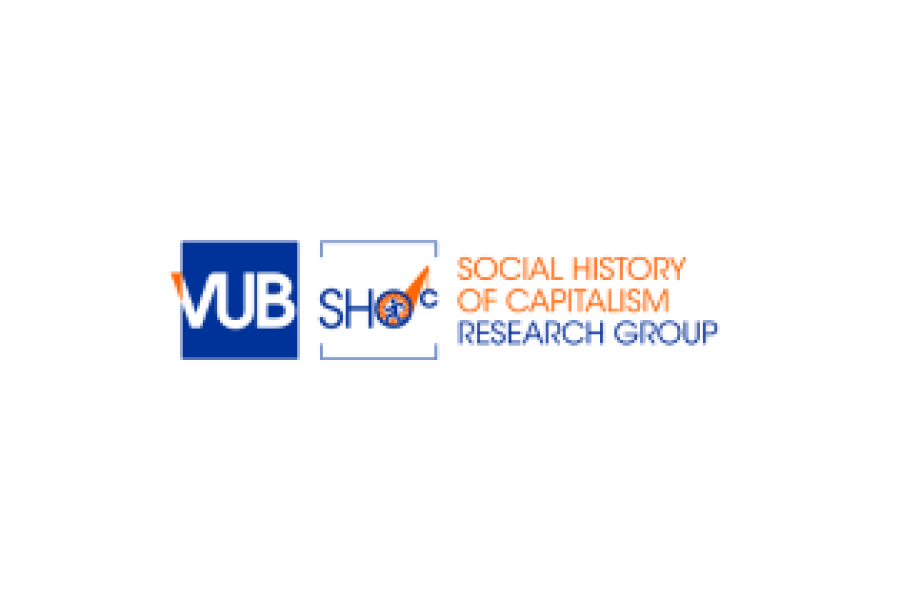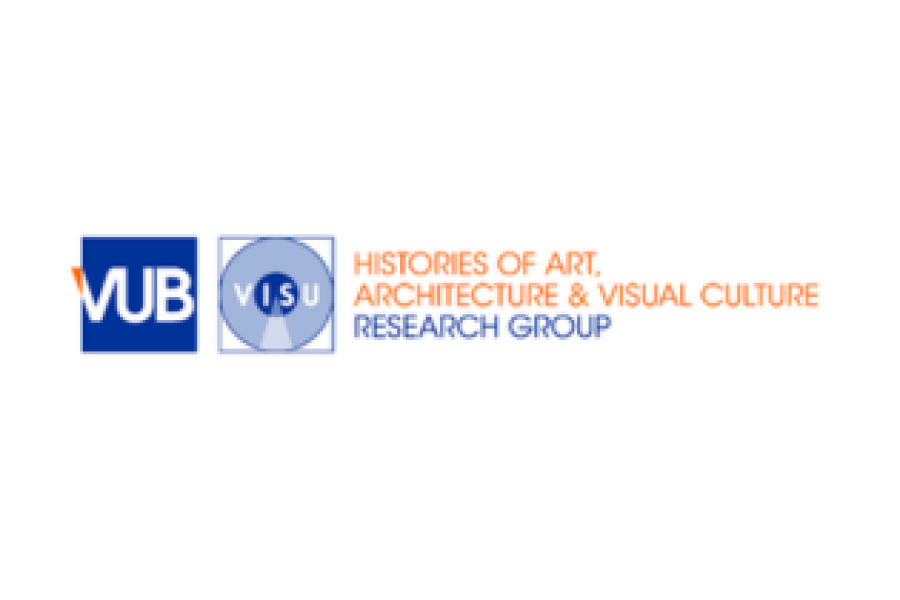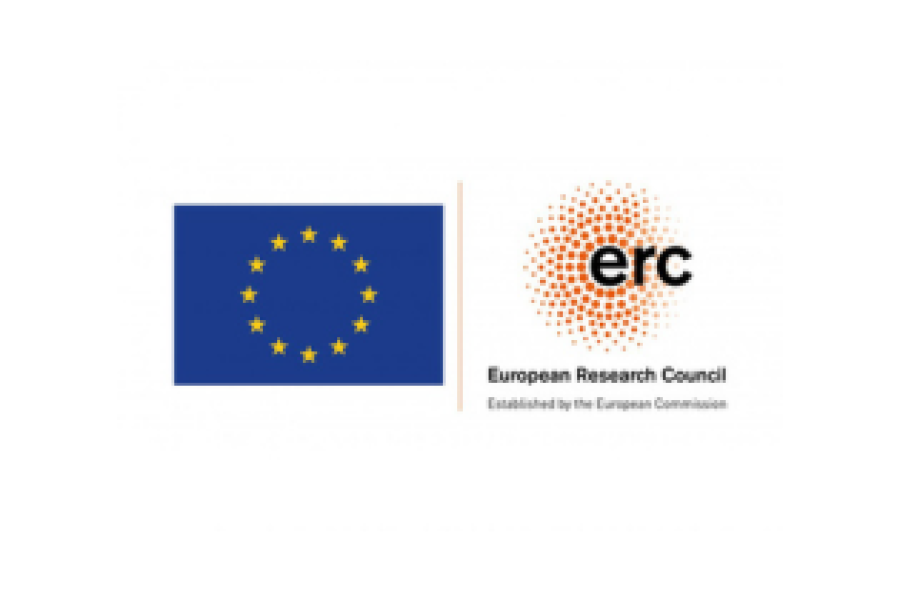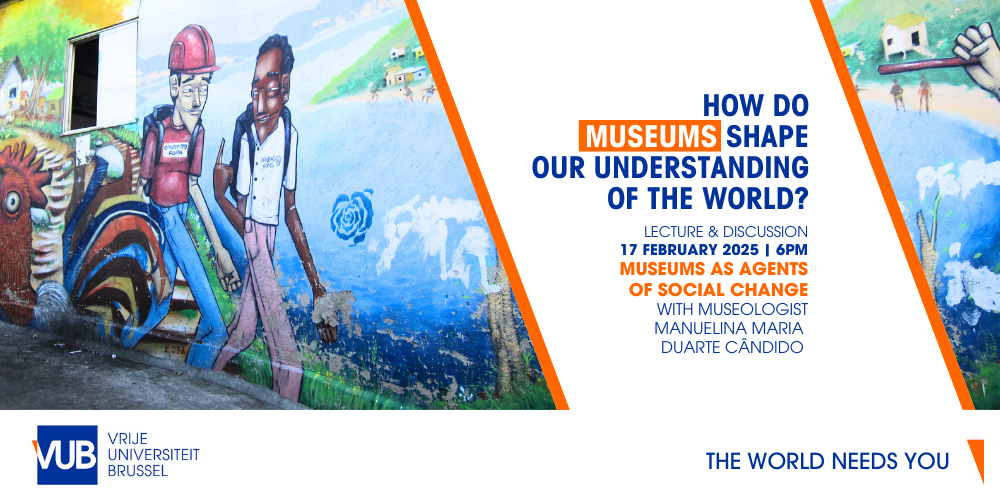
Practical
Pleinlaan 2
1050 Elsene
Venue: LIC 0.04 - Learning Theatre
The Vrije Universiteit Brussel invites you to an evening with museologist Manuela Maria Duarte Cândido as part of the lecture series ‘Ties That Bind Us’.
In this talk, Manuelina Maria Duarte Cândido will explore how museum practices have evolved, focusing especially on the shift from traditional roles to more activist and community-driven approaches. Museums are no longer just places to showcase history and art—they have transformed into dynamic spaces that tackle today’s most pressing social issues.
The lecture will examine the transformations that led to the creation of the Mouvement International pour une Nouvelle Muséologie (MINOM) in 1984, and how, over the past 40 years, museums have radicalized their methods. We’ll dive into case studies showing how both traditional and new museums are working closely with communities and social movements to create innovative ways of sharing culture and history.
Through inspiring examples, you’ll discover how museums are addressing urban and societal challenges, becoming powerful platforms for dialogue, inclusion, and social justice.
THIS EVENT IS SOLD OUT. REGISTER ON THE WAITING LIST OR SUBSCRIBE TO OUR MAILING LIST AND RECEIVE INVITATIONS FOR FUTURE EVENTS.
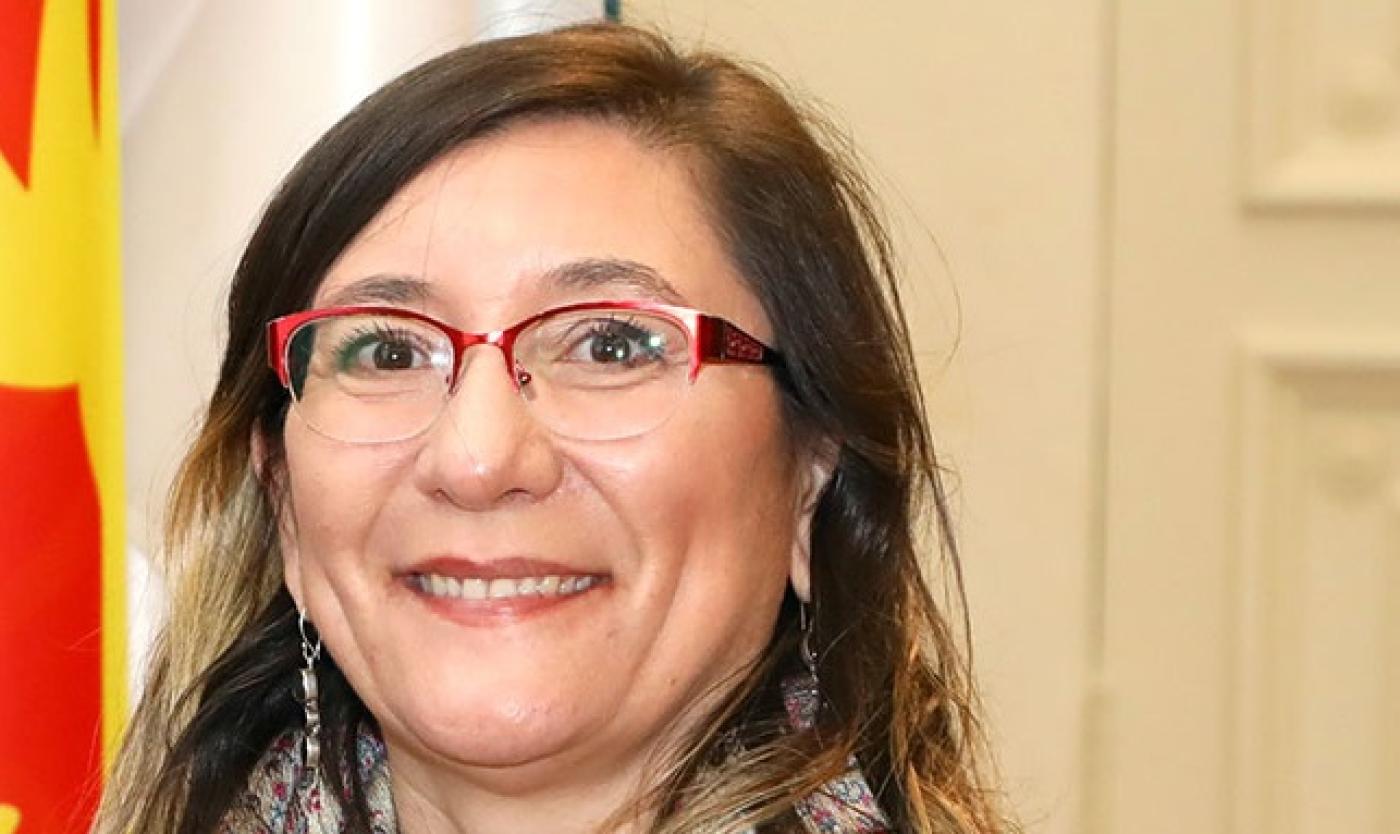
About Manuelina Maria Duarte Duarte Cândido
Professor Manuelina Maria Duarte Duarte Cândido holds degrees in History and Archeology. She’s an expert in Museology. Originally from Brazil, she has worked in various Brazilian cultural centers and museums, in mediation, coordination and management positions. Her work includes research into the different types of training in museology. In 2018, she joined the University of Liège (Belgium), where she combined teaching and research.
What you need to know about museolgy
- Museology is the study of the relation between society and its heritage, including the role of museums in society, and how they manage, display, and interpret cultural items. It encompasses the theory and practice of how museums are run, including curation, conservation, exhibition design, and education. Museology also examines the social, cultural, and political impact of museums, looking at how they engage with the public and address issues like representation, inclusivity, and access.
- Nouvelle muséologie refers to a movement in museum field that began in the late 20th century. It emphasized making museums more accessible and relevant to the public, encouraging cultural democracyand community protagonism rather than just showcasing collections.
- Social Museology takes this further by focusing on the role of museums in addressing social issues, like inequality, injustice, and human rights. It aims to make museums active participants in societal change, engaging with local communities and marginalized groups.
- Insurgent museologies refers to radical, activist-driven practices in museums. These may challenge traditional norms, advocating for underrepresented voices, and focusing on social justice.
This event is part of the Ties That Bind Us series.
About Ties That Bind Us: transcultural perspectives on social forms
A cross-disciplinary series organised at the Faculty of Languages and Humanities for VUB’s Public Programme
The impact of global and geopolitical crises on European societies is widely felt. Common reactions to these are a growing societal divide and a rise in anti-democratic positions. The public imaginary is rife with a rhetoric dominated by the erection of walls, the demarcation of territory and claims of ownership. Crushed between polarised camps are vulnerable members of our societies – and thus humanity itself. Individuals with their complex identities are categorised into groups whose belonging, right to existence even, is called into question. Understanding the realities of diversity and change as given, the series “Ties that Bind Us” seeks to create a platform for a wide range of perspectives, life experiences and cultures of knowledge about forms of kinship, solidarity and conviviality – or, in other words, a counter-imaginary space to an increasingly widespread, yet dangerously reductive binary thinking.
The world needs you
This initiative is part of VUB's public programme, a programme for everyone who believes that scientific knowledge, critical thinking and dialogue are an important first step to create impact in the world.
As an Urban Engaged University, VUB aims to be a driver of change in the world. With our academic edcuational programmes and innovative research, we contribute to the Sustainable Development Goals of the United Nations and to making a difference locally and globally.

